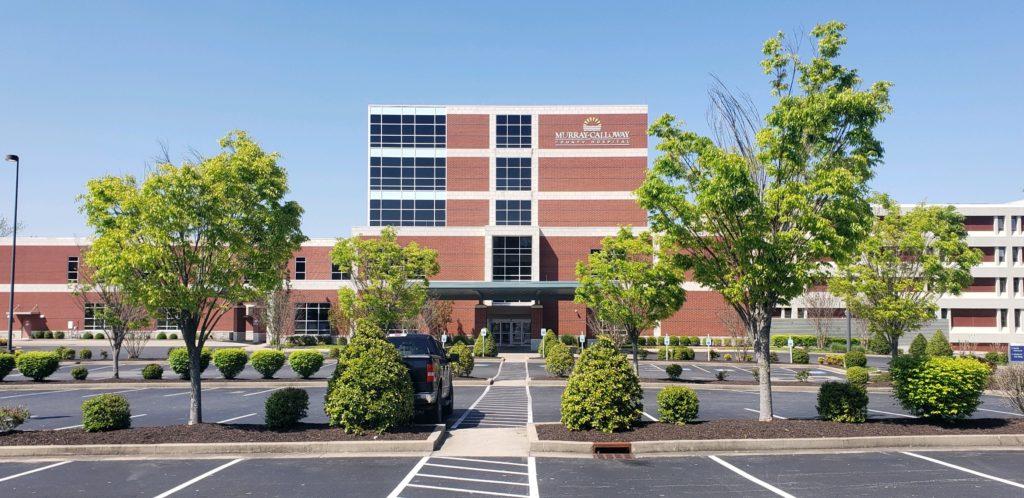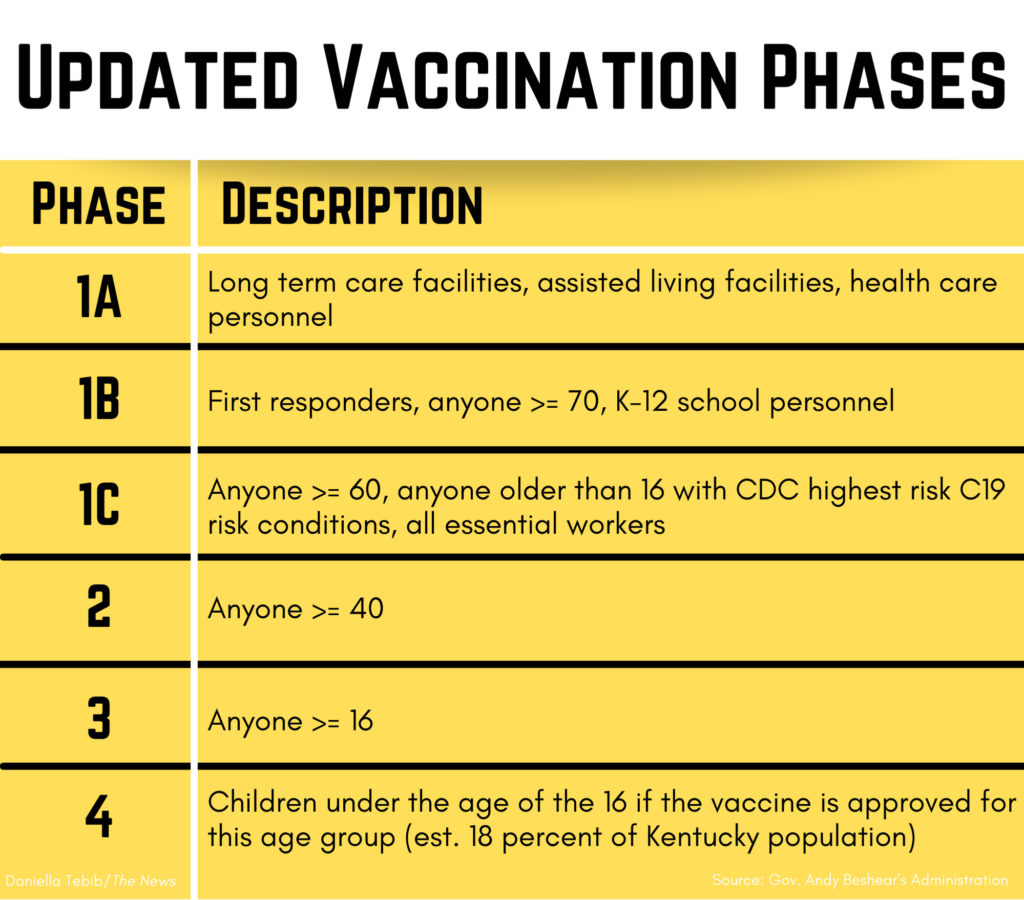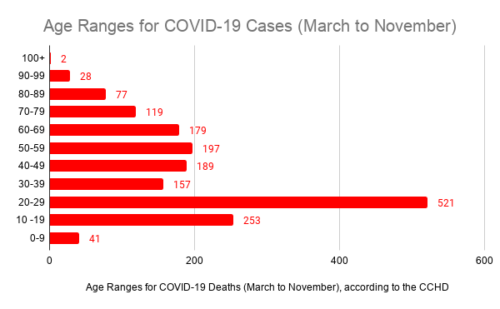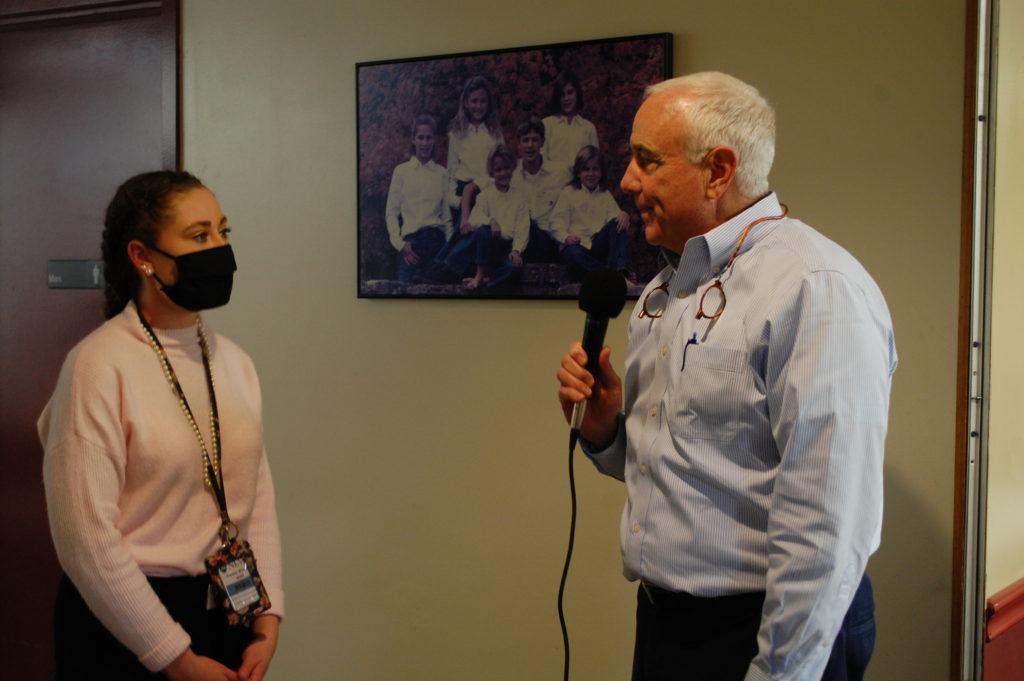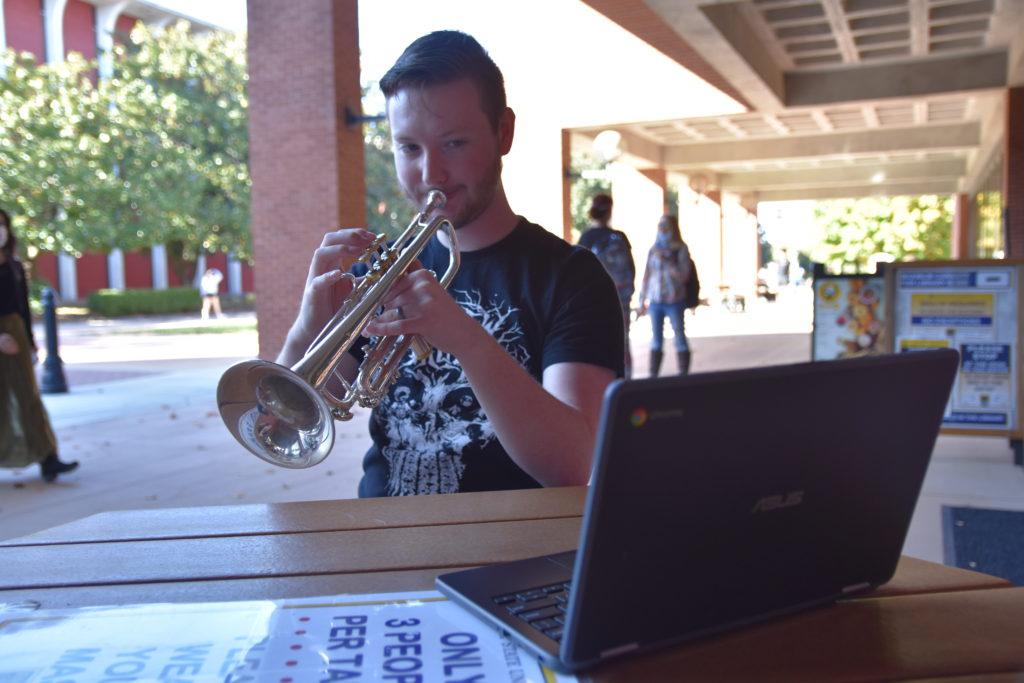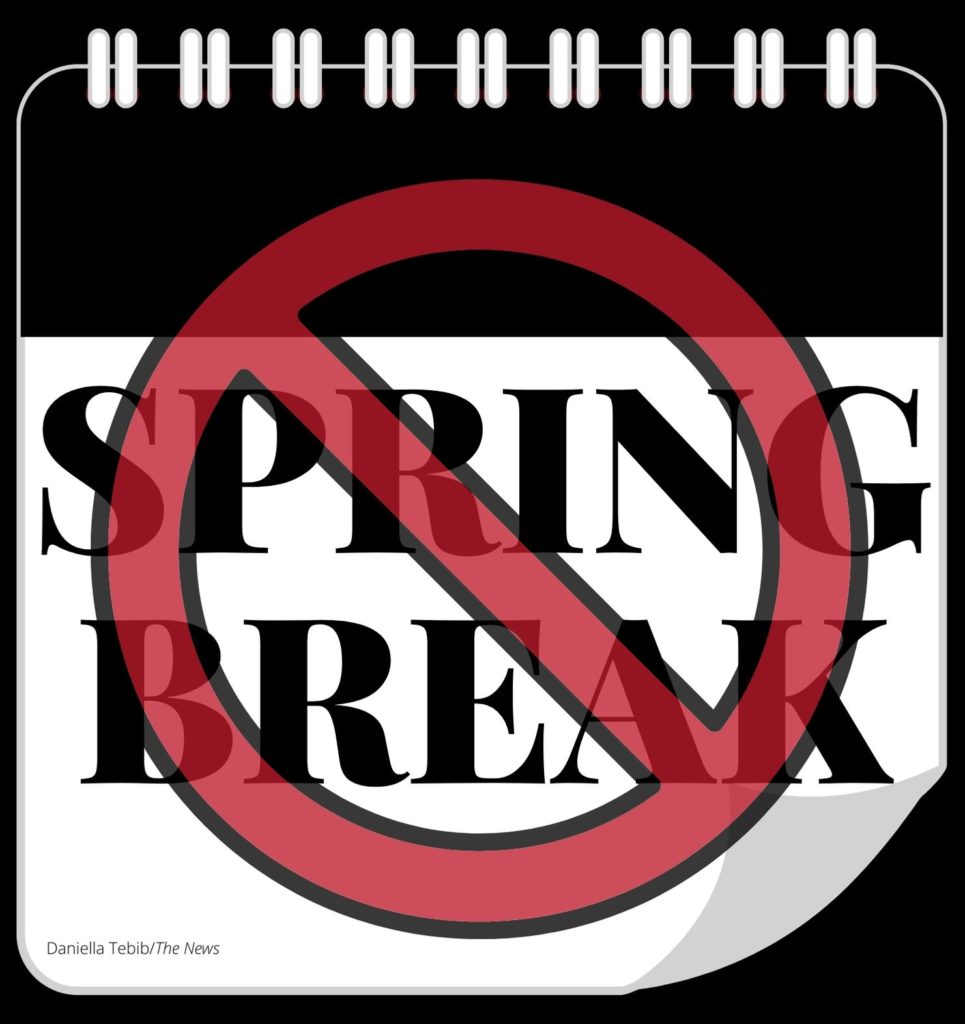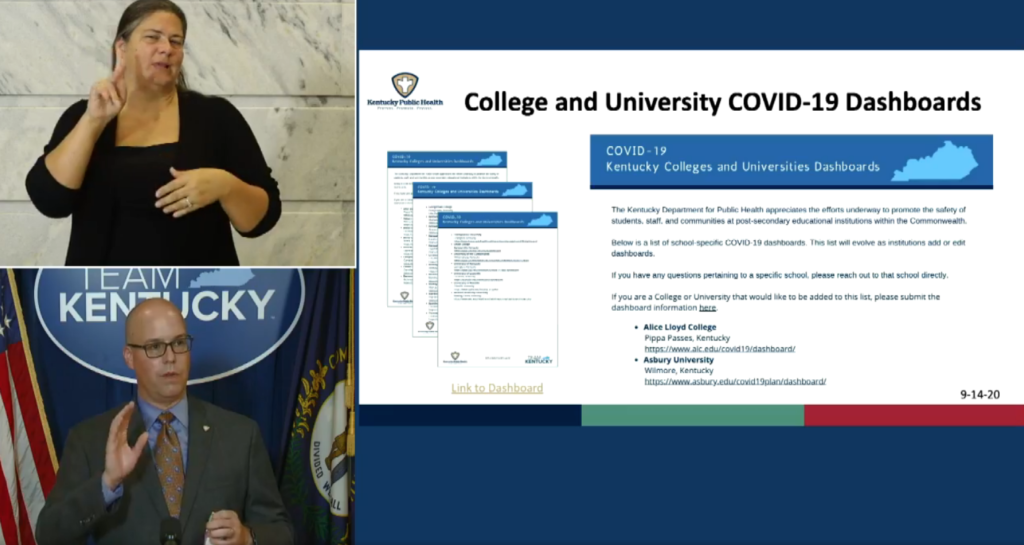Addison Watson
Staff Writer
COVID-19 continues to affect the local community as Murray-Calloway County Hospital is forced to furlough workers due to revenue loss.
There are currently 2,522 confirmed cases of COVID-19 in Kentucky. Twenty cases have been reported in Calloway County, including one person who has died from the virus.
In a press release on Thursday, April 16, the hospital said because of the rescheduling of surgeries and procedures, the furlough cannot be delayed any further.
“The actions follow the suspensions of some services and rescheduling of elective surgeries and procedures, which make up the bulk of revenues to support operating costs at the hospital,” according to the release.
The hospital is made up of nearly 1,100 employees. Many staff members have already had their hours cut, but that has not been enough to offset the $5.3 million reduction of net revenue the hospital has experienced throughout April.
As part of the Coronavirus Aid, Relief, and Economic Securities Act, the hospital received $2.3 million, but the shortfall of $3 million remains.
Expense reductions range from 15 percent to 30 percent across the board based on department, according to the release. Jerry Penner, CEO at MCCH, has set the example at the hospital by enduring two periods without pay, and all management positions have had a reduction in pay by a minimum of 20 percent.
However, Penner said the furlough is only a temporary measure.
“We have delayed this action as long [as] possible because we value our employees and need to ensure we will be here when our communities need us most,” Penner said.
Penner said the response to COVID-19 was necessary but like local businesses, the hospital will need the support of the community to become financially stable moving forward and in the future.
“Hospitals, like MCCH, will require additional financial assistance to overcome shutdowns mandated by the government,” Penner said. “These shutdowns were necessary but just like our local businesses, we’ll need assistance coming out of the crisis to secure our financial future.”
The hospital is still servicing emergency and urgent health care.
“We don’t want folks to be fearful of coming to the hospital,” Penner said. “We are continuing to provide urgent and emergency health care and surgery services throughout our hospital and physician clinics.”


























































































